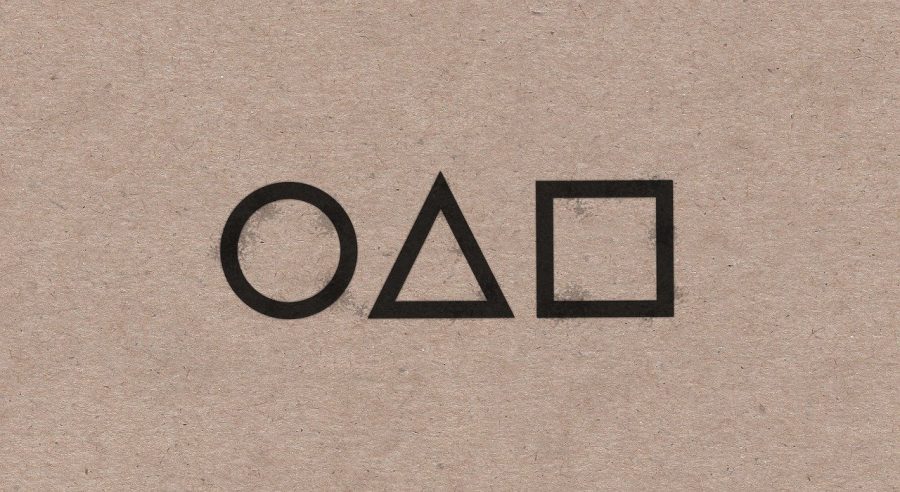An Allegory of Brutal Capitalism & Humanity, Squid Game
*displays obvious spoilers*
“Survival of the Fittest” — this quote from Herbert Spencer’s Principles of Biology (1864) would perhaps be a suitable description of the overall symbolic message of Netflix’s new show, Squid Game.
During the premiere itself, Squid Game appeared to seem a bit cliché. It explains the overall story of 456 people who are all knee-deep in debts which they simply cannot pay off. Out of the blue, they are given the rare, yet speculating, opportunity by a secret organization to complete a series of children’s traditional games and the ultimate winner will take home 45.6 billion won (38,821,395.84 USD). It sounds like a survival game genre in general, doesn’t it? The winner takes all, but the losers have to die…
Director Hwang Dong-hyuk was successful in his tactics to implant a deep message as a sarcastic series. More than just a bloody thriller, throughout the show the director insinuates a symbol of social criticism, inequality, and morality (through a brutal depiction). Squid Game is full of hidden messages and political references.
Recalling the main character’s journey, Seong Gi-hun is an unemployed man, addicted to gambling, and too occupied looking for debt from one person to another. The desperate need for money to pay for his mother’s surgery made him take part in the game orchestrated by the rich. As he and the rest of the players have to compete desperately to finish the game, the VIP authorities enjoy themselves watching and placing bets on the players. It’s an allegory of capitalism that smacks the reality of how the proletariat continues to be exploited by the bourgeoisie which ironically controls the wheels of capitalism itself. This is assuredly a reality not only in Korean society but in American society as well. It is a direct portrayal of modern society’s current disparity and cruelty, targeting the greed behind capitalism. Throughout the show’s runtime, there is a consistent theme of factions ranging from high class to low class, with under-class members depicted in every episode.
Basic and complex humanity is also the main theme that Mr. Dong-hyuk, as a director, was trying to touch upon. Squid Game seems to be making a comparison between human egoism and human altruism. The internal conflict is the most obvious in Sang-Woo and Gi-hun’s characters; they contradict each other. Sang-woo, a selfish character, justifies any means to achieve his egoistic goals.
In contrast, Gi-hun is altruistic, making him seem like a more humanist character, although sometimes appears to be incredibly naive. If you remember the last scene when he met Oh Il-nam (the innocent looking old man who turned out to be the schemer of the whole game), they made their last bets as Il-nam reached for his last breaths of air. Now, this final bet seemed like such a far-reaching element because it showed that the whole assumption of human egoism is false; others do not always forward in their self-interest.
And it’s crucial to remember what the masked man said to Gi-hun during the last sentiments together, “당신은 말에 내기. 여기도 마찬가지지만… 우리는 인간에게 걸고 있습니다. 당신은 우리의 말입니다.” Roughly translated to English, he says that just as humans bet on horses, they bet on humans [them]. — Egoism at its finest.
Considering the game as a whole, another spectacular symbolism was born. Now it irks the question of why the director decided to use Korean traditional games such as ‘Red Light Green Light’, ‘Squid Game’, &‘딱 지’ (ttakji), which tend to seem simple; they are children’s games. But in reality, these games teach the logic of survival of the fittest; the most crucial attribute to know to survive in this brutal capitalist society.
A shared exploration of capitalism’s corruption non-science shouldn’t obscure what Squid Game does so well; which is to revel in the refusal of society. The show was aimed to shed light on how flawed immigration policies for lower-classmen is and how vulnerable it leaves them until the dynamics don’t feel equal and the outcome proved exactly that.






